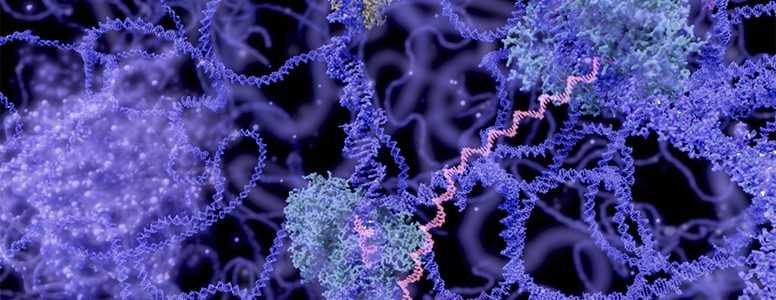European researchers are hoping to mass produce three-dimensional cellular structures of insulin-producing cells to treat type 1 diabetes.
The European Union will provide over five million Euro to the research project over the next four years. Then the first clinical trial on transplantation of the cells will take place.
These cells, known as organoids, are grown in the laboratory from donor organs. They begin as adult stem cells, which develop into cells for wound healing or tissue regeneration in the body. They are then are grown through cell division and can differentiate into insulin-producing cells.
The researchers now hope to embed these cells in a matrix so that they can develop into three-dimensional structures. These structures can protect the spherical, hollow organoids once transplanted into the pancreases of patients.
“If the structure was compact then there would be a risk of the inner cells dying off after transplantation because they wouldn’t be supplied by the host organ’s cellular tissue,” explained Dr Francesco Pampaloni, Goethe University of Frankfurt.
The aim of the project is to develop organoids for mass production with the help of the pharmaceutical industry. Currently, different researchers from Europe are working on different aspects of the project.
Pampaloni and Professor Ernst Stelzer are leading the Goethe University team which is using light sheet fluorescence microscopy (LSFM) to control the growth and differentiation of the organoids. The Goethe group is also working with industrial partners in France, Germany, Switzerland and the Netherlands to develop quality assurance protocols.
In Cambridge, two research groups are growing organoids and isolating insulin-producing cells from donor organs; and Milan clinicians are developing methods for transplanting organoids.
The technique has already been shown to work in mice, and the researchers hope this treatment could eventually free people from lifelong insulin therapy.
The work is still at early stage, and studies will need to assess the safety of human transplantation and ensure that immune rejection to the cells is avoided.
What's new on the forum? ⭐️
Get our free newsletters
Stay up to date with the latest news, research and breakthroughs.







